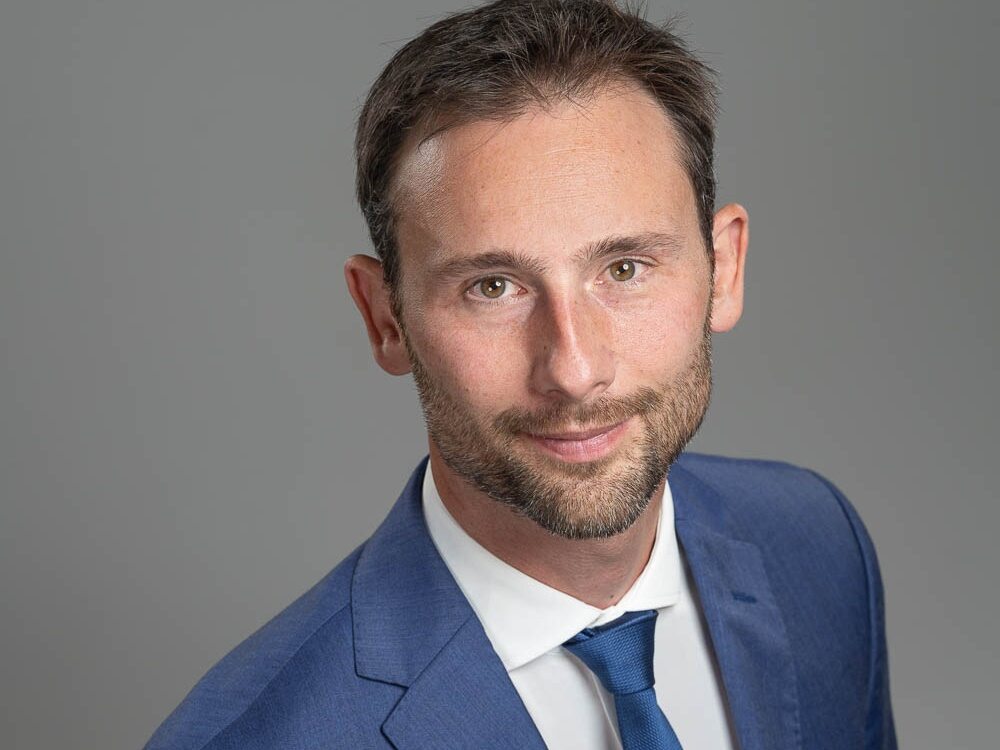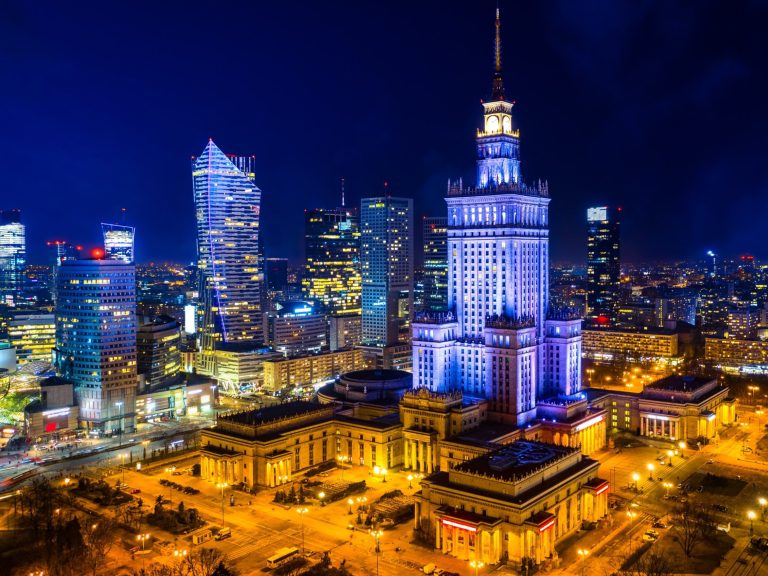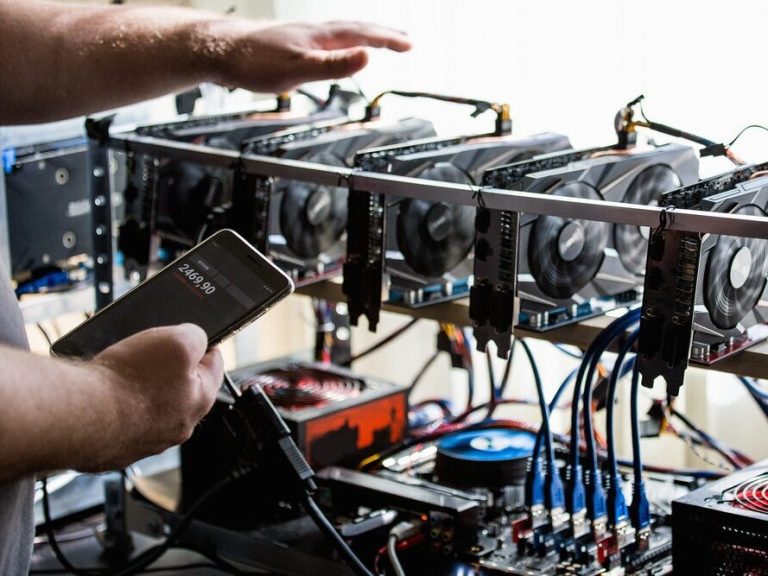The Pole will fly to the ISS. Sławosz Uznański for “Wprost”: We have some work to do

November 2022 brought good news for Polish space enthusiasts. Dr. Sławosz Uznański, engineer responsible for the Large Hadron Collider at CERN, author of books and lecturer, was announced as a reserve astronaut of the European Space Agency. However, even better news came on August 9.
The Polish Space Agency announced on August 9, 2023 that the Polish flight to the International Space Station is now certain. “Our astronaut will test technologies of domestic companies, carry out experiments and conduct an educational program for students,” we read in POLSA’s announcement.
This is the result of an agreement signed by the Ministry of Development and Technology with the European Space Agency. The contract was negotiated for several months in close cooperation with the Polish Space Agency. The Pole will be transported to the ISS by Axiom Space – an American company that operates the Space Station on behalf of NASA. The agreement on this matter was signed by ESA and Axiom Space on August 4 this year.
The name of the astronaut in question has not been officially announced yet, but unofficially the matter is almost certain. The only candidate is Sławosz Uznański, an employee of CERN and an astronaut of the European Space Agency. We recall the conversation we had with him in January this year, when his flight was already starting to be discussed behind the scenes.
Marcin Haber, Wprost.pl: You have recently become very popular thanks to a piece of news that we will talk about later. However, for years you have been conducting research in an interesting and, for many, very mysterious place, the Large Hadron Collider at the European Agency for Nuclear Research CERN. What was the path like to get to this point?
Dr. Sławosz Uznański, CERN, ESA: Even before I started working at CERN, I worked in French industry and did my PhD there. In France, it is possible to make it directly to industrial order. In my case, it was STMicroelectronics (a French-Italian company producing electronic circuits – editor’s note). It is a leading semiconductor company in Europe. I designed microelectronic technology for them for space industry applications. These were projects commissioned by the European Space Agency. This technology is still used at ESA today.
After defending my doctorate, I received several different offers. I wanted to apply directly to NASA and ESA, CERN was also on my list. I do not have American citizenship, so as a Pole I could not work and design for NASA. When I wanted to apply to ESA, Poland was not yet a member, which also disqualified me, so naturally I ended up at CERN.
To wait it out?
A bit like that. CERN offered me a very interesting post-doctoral program. I was supposed to redesign the power control system of our large LHC accelerator, the Large Hadron Collider.
My strong point was that I had a background in the space industry and space systems design, and they had problems with radiation in the tunnel where the accelerator was failing. The devices were not working properly. Together with the team of which I was the manager, we designed a new system.
At CERN, I am an electronic systems control engineer. I am still involved in research and development projects in this field. The second role I got from replacing one of the larger systems at the LHC accelerator was being one of the people responsible for the physics of the Large Hadron Collider. Currently, I work a bit between one function and the other. I lead my engineering team that designs systems, and on the other hand I still participate and help in the operation of the accelerator.
You talked about a French university and a doctorate in France. However, if a Polish student is reading us now, who is just finishing high school and dreams of working at CERN, not to mention becoming an ESA astronaut, what should he do? Which scientific path should I choose?
Today it is a bit difficult for me to answer this question, because I have not been associated with the academic part of Polish universities for a long time, but I have two basic pieces of advice for such people.
The first is for them to try to get to a large scientific institute where it will be possible to build technology. To do this, you need to build your expertise and be good at what you do. This applies to both working at CERN and applying to the astronaut program at the European Space Agency.
Second piece of advice: To specialize in a certain field, you have to like it. I always recommend choosing a field of study that is interesting and that encourages you to acquire knowledge. Then, this long-term motivation allows us to build competences and reach the limit of knowledge that will allow us to move freely within it
Of course, you need some luck, but I believe that luck is optimized consistently by learning and building competences.






